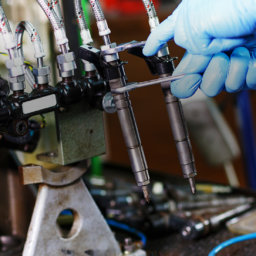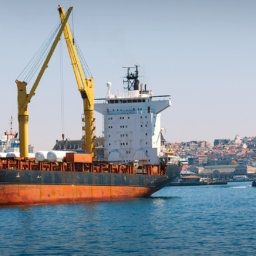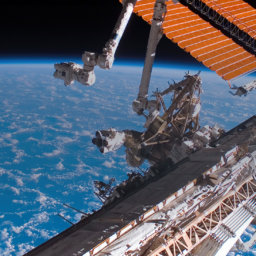Since we first began domesticating animals, dairying has been an essential agricultural practice. Over the years, dairy products have become a vital part of the human diet, containing most of the basic elements necessary for children to grow, as well as the proteins and micronutrients we require on a daily basis.
Dairy products are so widely consumed, in fact, that the Food and Agriculture Organization of the United Nations estimates that the average world milk consumption alone is 108 kilograms per person per year.
Yet dairy products such as fresh milk tend to have a short shelf life, as they are ideal culture mediums for harmful microbial flora. Recent advancements in dairy science and technology have improved the hygiene required during the manufacturing of products to eliminate such foodborne pathogens while preserving their nutrients.
Among these developments, the modern dairy industry employs cleanable, corrosion-resistant stainless steel equipment to prevent the spoiling of products, and ensure that they reach dairy lovers thoroughly clean and free from harmful germs.
A Sustainable Solution to the Human Diet
There are multiple reasons for the widespread use of stainless steel in the dairy industry. Most importantly, the compact and smooth surface of stainless steel prevents bacterial contamination and facilitates cleaning and disinfection with chloride-based sterilizing agents. It is also corrosion and heat resistant, long-lasting, easily fabricated, and it does not change the flavor, smell or color of the product it comes into contact with.

Other materials are often inapt because they cannot tolerate the harsh conditions of many dairy processing applications.
For example, sterilizers are subject to a great amount of pressure. Materials like aluminum are not strong enough to withstand the required pressure. There is also a danger that aluminum will leach ions during cleaning-in-place (CIP). Conversely, stainless steel can both resist high levels of pressure and does not leach during CIP.
Stainless steel is also incredibly sustainable in that it is safe for human use, the emission footprints of the material are minimal and maintenance costs are low, which usually results in higher profits.
Finally, the material meets the requirements of the stringent mandates that regulate the way in which livestock is kept and milked, preparation techniques, additives, processing equipment and the transport tanks that deliver the dairy products from the farm to the processing plant.

In fact, the use of stainless steel for milk cooling tanks specifically is imposed by law in numerous places, such as throughout Europe. The general public also tends to prefer that products and components used in the dairy industry be made from stainless steel for these reasons.
Stainless Steel, From Farm to Table

Dairy products go through numerous processes as they are moved from the farms where the milk originates, to the production plants where it is processed into consumer products such as pasteurized milk, ice cream and yogurt. Stainless steel is widely used in almost all of the procedures (and therefore the majority of the equipment) the milk passes through on its journey from the farm to the dining table of the consumer.
From tanks and heat treatment equipment to tubular coolers, packaging lines and agitators, stainless steel is—and will certainly continue to be—the most effective solution for a safe and economical dairy production process.













